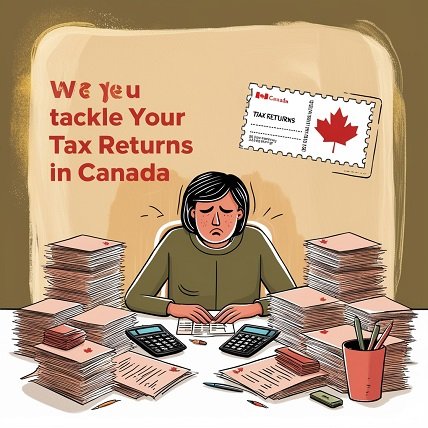Introduction
taxes en canada, taxes are an essential part of the financial system that ensures the government has the funds to maintain infrastructure and public services. Tax money is used to fund a wide range of services that are beneficial to all Canadians, including public safety, education, and healthcare. This guide will give you important insights into the tax environment in Canada, regardless of whether you are a new resident, a business owner, or just someone trying to better understand their tax obligations.
The Structure of the Canadian Tax System
A combination of federal and provincial/territorial taxes make up the taxes en canada system. This indicates that taxes are imposed on various levels, each of which adds to the total amount of money used to fund government operations. Each of the three levels of government—federal, provincial, and local—has distinct tax domains and duties.
Income Tax: Personal and Corporate
A progressive tax rate structure underpins the personal income tax system. The percentage of tax you pay on your income increases with your income. Each year, the federal government sets the rates and brackets, which differ depending on the jurisdiction. To declare their income and collect any relevant credits or deductions, individuals must file an annual tax return.
Sales Taxes and GST/HST
Provincial sales tax and federal GST are combined to form the HST. It simplifies the sales tax structure and is applicable in a number of provinces and territories. Businesses operating in HST jurisdictions are required to abide by the applicable rates and rules, which differ according on the province.
Social Security Contributions: CPP and EI
The Emergency Insurance (EI) program provides short-term cash support to people who are jobless or unable to work because of certain conditions. Employers match employee contributions, which are made through payroll deductions. Self-employed people might choose to receive benefits by enrolling in the EI program.
Tax Filing and Payment Deadlines
Personal Tax Returns
The deadline for filing an individual taxpayer’s annual tax return is April 30 of the subsequent year. In the event that you work for yourself, you have until June 15th to file, but any unpaid taxes must still be paid by April 30th.
Business Tax Returns
Within six months following the end of their fiscal year, corporations are required to file their tax returns. With some exceptions for larger firms, taxes owed must be paid within two months of the fiscal year’s conclusion.
Deductions and Credits
Typical Deductions
Contributions to retirement savings programs and costs associated with working from home are examples of common deductions. Depreciation of assets, salaries, and running expenditures are examples of deductible company expenses.
Tax Rebates
Your tax liability is immediately decreased by tax credits. These can include reimbursements for medical costs, tuition, and charitable contributions. You may still get paid even if you have no outstanding taxes due since certain credits are refundable.
Tax Planning Tips for Individuals and Businesses
Regarding Persons
Maintain Accurate Documentation: Keep thorough records of all your earnings and outlays so that you can validate your claims.
Make Use of Tax Benefit Accounts To take advantage of tax benefits, make contributions to Tax-Free Savings Accounts (TFSAs) and Registered Retirement Savings Plans (RRSPs).
Examine your tax return: Before submitting your tax return, double-check it for correctness to prevent mistakes that can lead to an audit.
Conclusion
Although navigating the taxes en canada system can be challenging, good financial management requires a basic understanding of how taxes operate. Every component of the tax system, including sales taxes, property taxes, corporate and personal income taxes, and sales taxes, contributes to the funding of vital public services. Remaining up to date on tax laws, due dates, and planning techniques will help you maintain compliance and improve your financial status.
FAQ
What is the difference between GST and HST?
The GST is a federal tax that is 5% imposed to the majority of goods and services. In some jurisdictions, the Harmonized Sales Tax (HST) combines the GST and the provincial sales tax to create a single, uniform tax rate that differs per province.
When are taxes due in Canada?
Individuals have until April 30th to file their tax returns, or June 15th if they are self-employed. Payments for corporate taxes are due two months after the fiscal year ends, and returns are due six months later.
How can I reduce my taxable income?
By claiming deductions for things like work-related costs, charitable contributions, and RRSP contributions, you can lower your taxable income. Tax credits also have the direct effect of lowering your tax liability.

